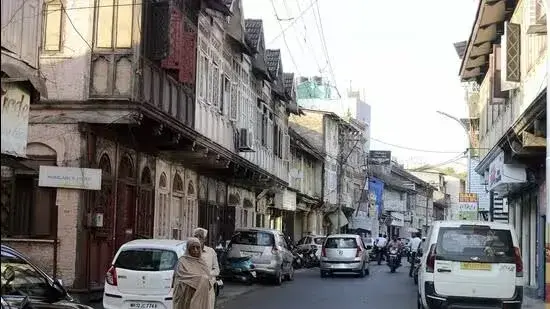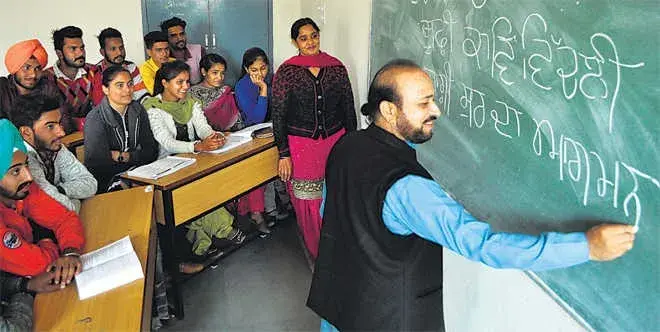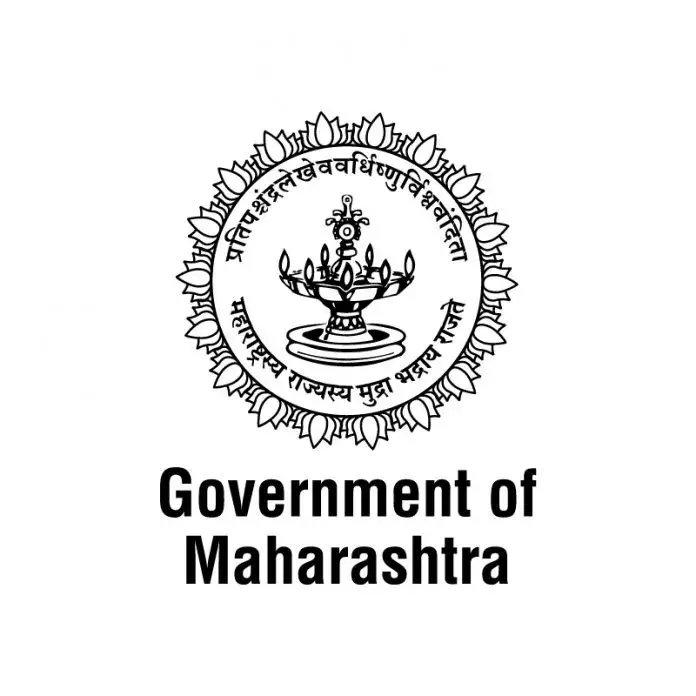Govt of India Rights Over Cantonment Lands to be Retained
The Government of India will retain ownership rights over lands within cantonment areas, according to a new order from the Director General of Defence Estates (DGDE). This order, communicated by Southern Command Deputy Director Hemant Yadav on June 28, directs the chief executive officers of cantonment boards to ensure that these rights are maintained. The …
Govt of India Rights Over Cantonment Lands to be Retained Read More »



